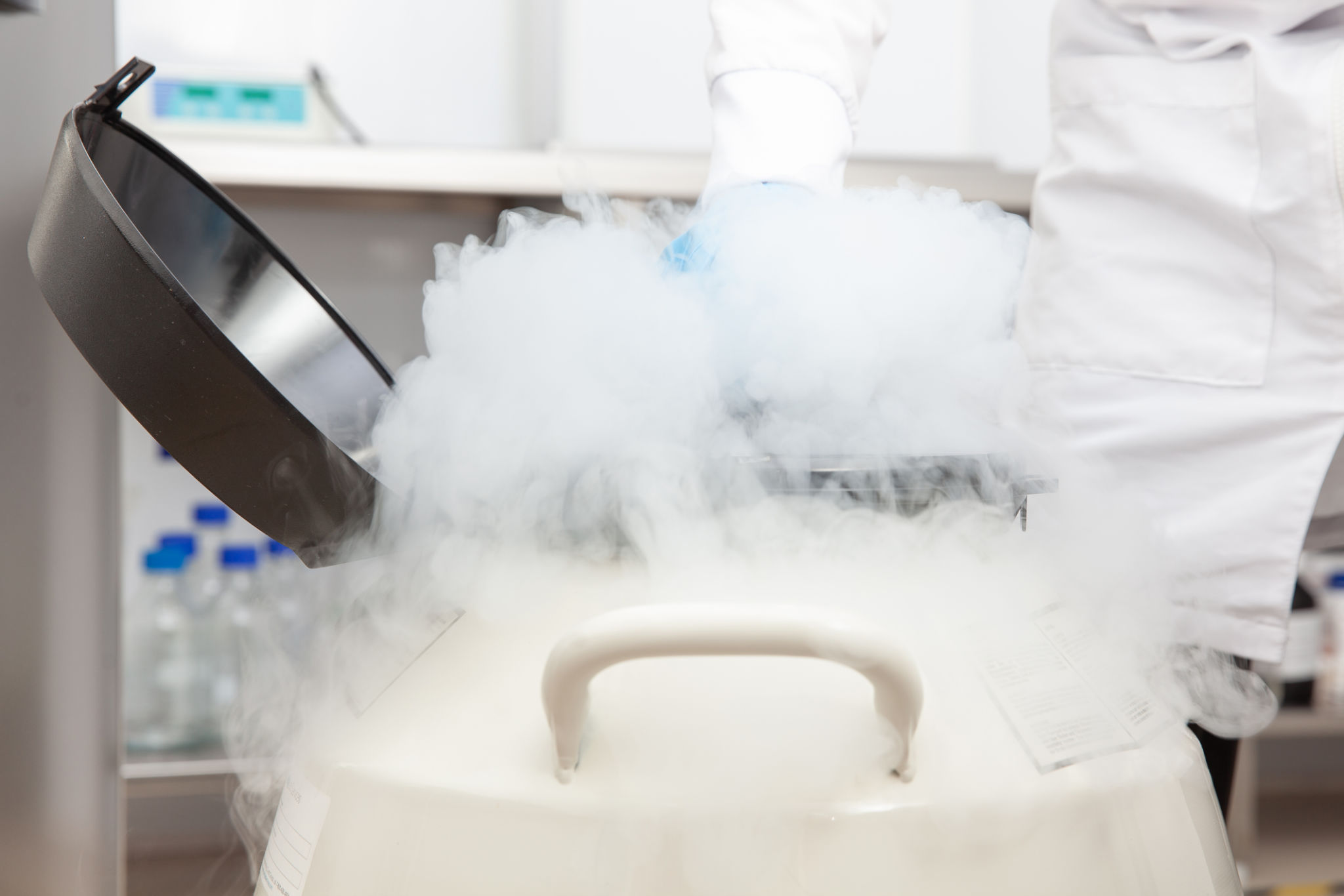Common Myths About Liquid Nitrogen: What You Need to Know
Understanding Liquid Nitrogen
Liquid nitrogen is a fascinating substance, often shrouded in mystery and misconceptions. As a cool, colorless liquid with a boiling point of -196°C (-320°F), it finds applications in various industries, from food preservation to scientific research. However, due to its unique properties, several myths about liquid nitrogen persist. Let's debunk some of these myths and uncover the truths.

Myth 1: Liquid Nitrogen Is Extremely Dangerous
While it's true that liquid nitrogen must be handled with care, it isn't inherently dangerous if proper precautions are taken. Like any substance at extremely low temperatures, it can cause cold burns or frostbite upon direct contact with skin. However, with appropriate safety gear such as gloves and goggles, it can be used safely in controlled environments. Many industries routinely use liquid nitrogen without incident by following safety protocols.
Myth 2: Liquid Nitrogen Can Freeze Anything Instantly
Liquid nitrogen is often dramatized in movies and TV shows as a substance that can freeze objects instantly. While it's true that it can rapidly lower temperatures, the rate at which an object freezes depends on its size, material, and thermal conductivity. For instance, small objects like flowers or balloons may freeze quickly, but larger objects require more time and exposure to reach freezing temperatures.

Applications of Liquid Nitrogen
Beyond myths, liquid nitrogen has practical applications that demonstrate its versatility. In the food industry, it is used for flash freezing, which helps preserve the texture and flavor of food. This process locks in freshness and prevents ice crystal formation, making it a preferred method for preserving fruits, vegetables, and meats.
Myth 3: Liquid Nitrogen Is Only for Industrial Use
Contrary to popular belief, liquid nitrogen isn't confined to industrial settings. It is also used in culinary arts for creating unique textures and presentations. Chefs use it to make ice creams with ultra-smooth textures or to create dramatic effects like fog or smoke for visual appeal. Additionally, it is employed in cryotherapy for medical treatments and beauty therapies.

Handling Liquid Nitrogen
Understanding how to handle liquid nitrogen safely is crucial for anyone working with it. Here are some essential safety tips:
- Always wear protective clothing, including gloves and goggles.
- Ensure proper ventilation to prevent the build-up of nitrogen gas in enclosed spaces.
- Use appropriate containers designed for cryogenic liquids.
Myth 4: Liquid Nitrogen Is Harmful to the Environment
Another common misconception is that liquid nitrogen poses a threat to the environment. In reality, nitrogen makes up about 78% of the Earth's atmosphere. When liquid nitrogen evaporates, it simply returns to its gaseous state, merging back into the atmosphere without causing harm. This natural cycle makes it an environmentally friendly option compared to other chemical preservatives or coolants.
Conclusion
Liquid nitrogen is a remarkable substance with numerous applications and benefits. By dispelling these common myths, we can appreciate its potential while ensuring safe and effective use. Whether you're in a scientific lab, a kitchen, or a medical facility, understanding the truths about liquid nitrogen will help harness its capabilities responsibly.

